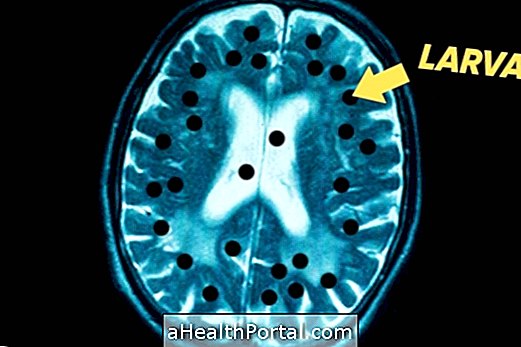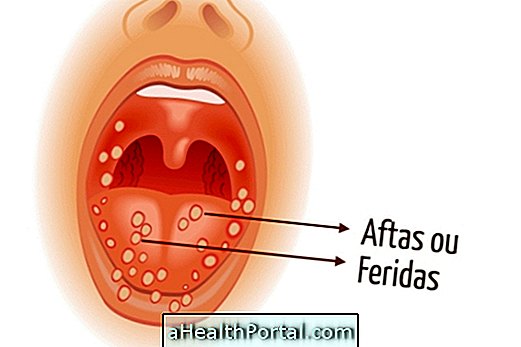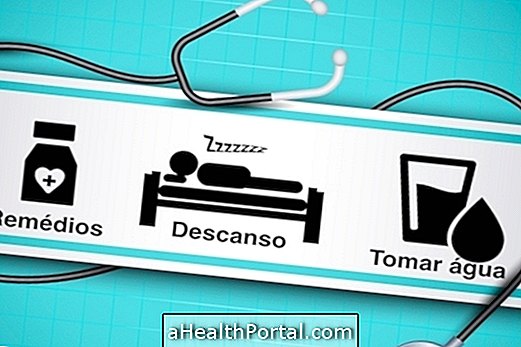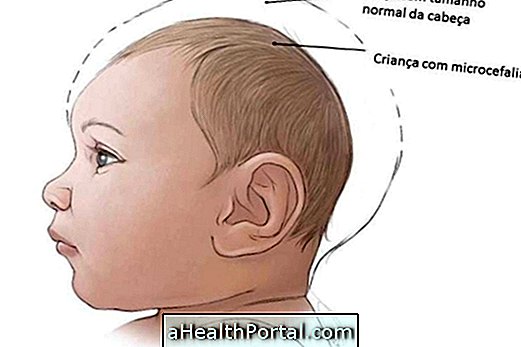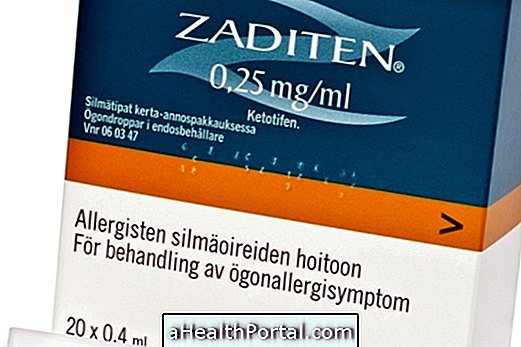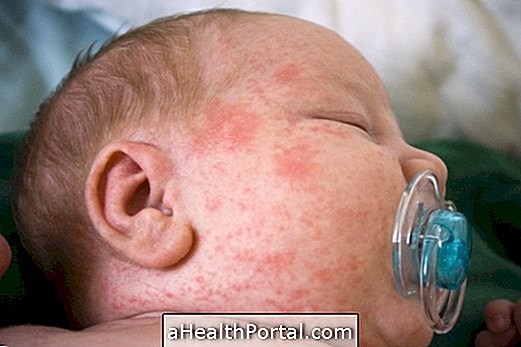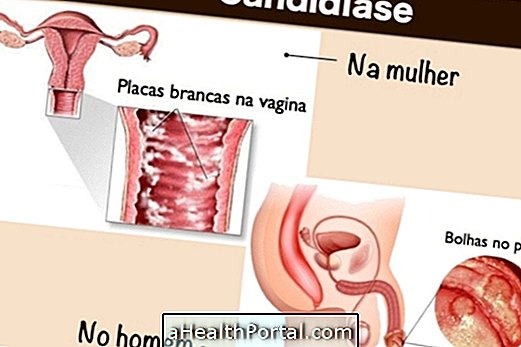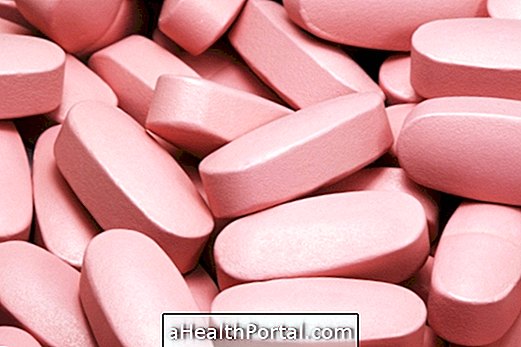Chickenpox, also called chicken pox, is a benign viral disease whose treatment is to alleviate the symptoms of the disease. It is based on fever-reducing medicines and ointments to relieve itching of the wounds. However, during the treatment of chicken pox, some important care should be taken, such as:
- Avoid scratching the wounds so they do not infect;
- Always keep hands clean using anti-bacterial soap or alcohol gel several times a day;
- Keep nails very short;
- Take 3 or 4 warm baths a day, using 1 cup oat flakes, without rubbing the skin, to relieve the itching;
- Wash your hair without rubbing the scalp if you have head injuries;
- Do not burst the blisters to leave no marks on the skin;
- Be careful when combing your hair so as not to burst the blisters present on the scalp;
- Wear sleeping gloves to avoid scratching your wounds unconsciously at night, this care is especially well suited for infants and young children.
In addition, it is also advisable to avoid contact with others keeping a minimum distance of 1 meter and only if this approximation is really necessary because the disease can be transmitted to others, especially for those who have not yet had chickenpox or who have not been vaccinated. This care is especially indicated to avoid contaminating babies, pregnant women, people in cancer treatment and the elderly, because they have a more fragile health.
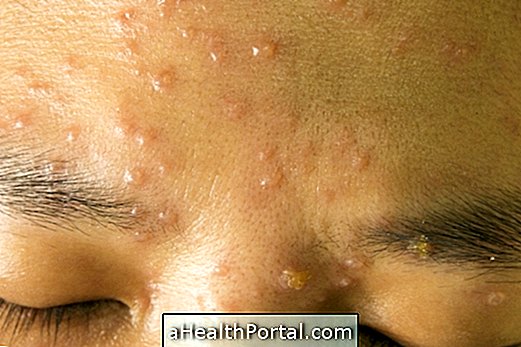
How long does chicken pox last?
The chicken pox lasts for approximately 10 days and the individual stops transmitting the disease when the wounds dry out, around the 6th day. From this moment, he may return to his routine, but the chicken pox marks should only come out completely after 3 weeks. However, if it has scratched any sores, it may be that it creates a scar that will remain for life.
What to eat during chicken pox
Chickenpox only requires differentiated feeding if the individual has wounds inside the mouth. In this case, it is recommended to avoid salty foods and citrus fruits. Food should be light and easy to digest, soup and other soups are welcome as well as baked and kneaded fruits and cornflakes.
Caring for the baby with chicken pox
The baby with chickenpox gets angry, not hungry and cries more, so your caregivers should have some important care like:
- Put gloves on the baby during the day and at night so he does not scratch the wounds;
- Give 2 to 4 baths with warm or cold water to relieve itching;
- Offer foods of easy swallowing and digestion. Unsalted soups and potatoes and citrus foods like orange, strawberry and tomato should be avoided as they can cause pain;
- Offer plenty of water;
- Keep the environment quiet so your baby can rest whenever needed.
- Medications should always be given on time and always under the guidance of a pediatrician.
The baby with chickenpox gets irritated and cries more and more easily, so you should take special care with your food and let it sleep and get enough rest to facilitate your care.
Caring for Chickenpox in Pregnancy
The pregnant woman with chicken pox should follow the same care mentioned above. However, she should be monitored weekly by her doctor if she develops the disease between 13 and 20 weeks of gestation or gets chicken pox after 37 weeks, because in these stages the baby may be affected.
